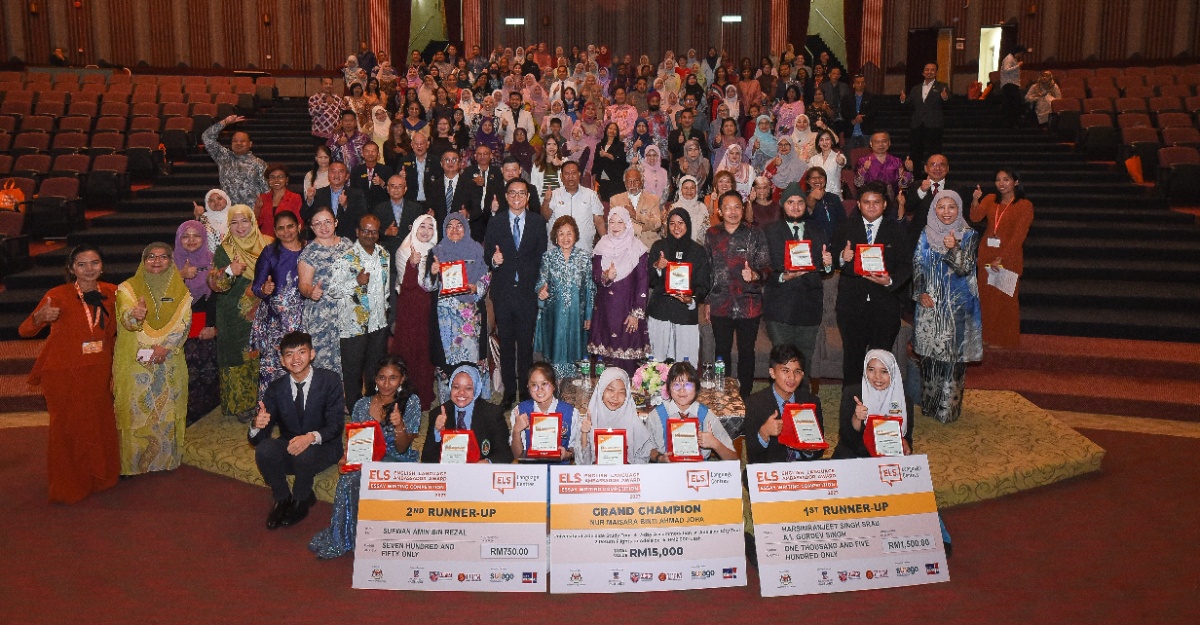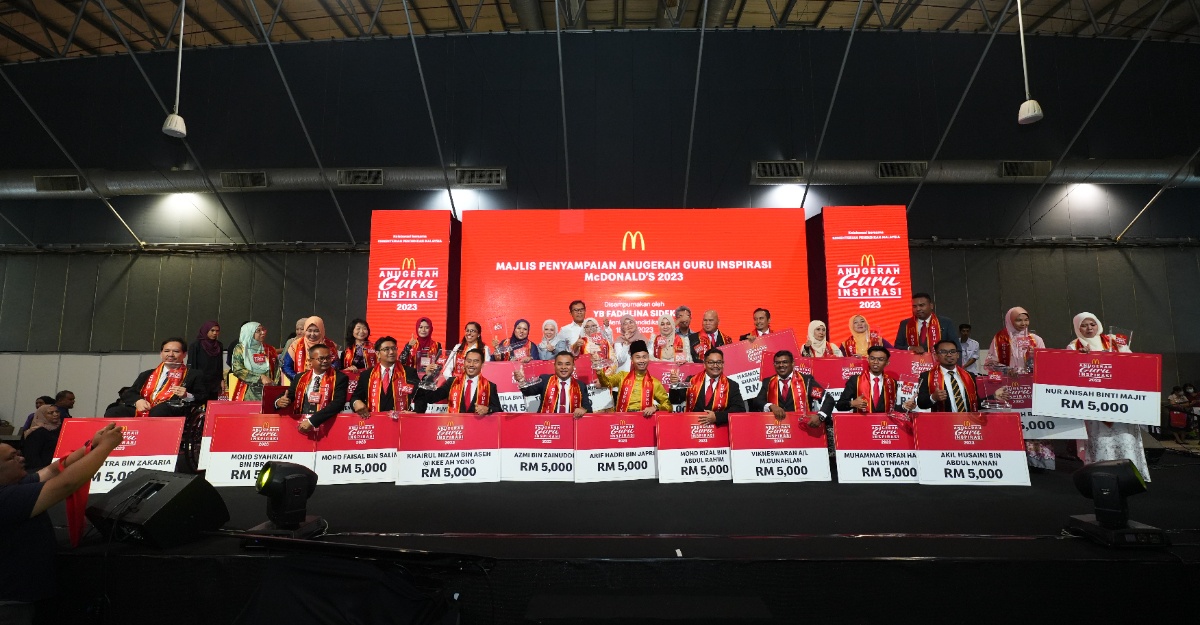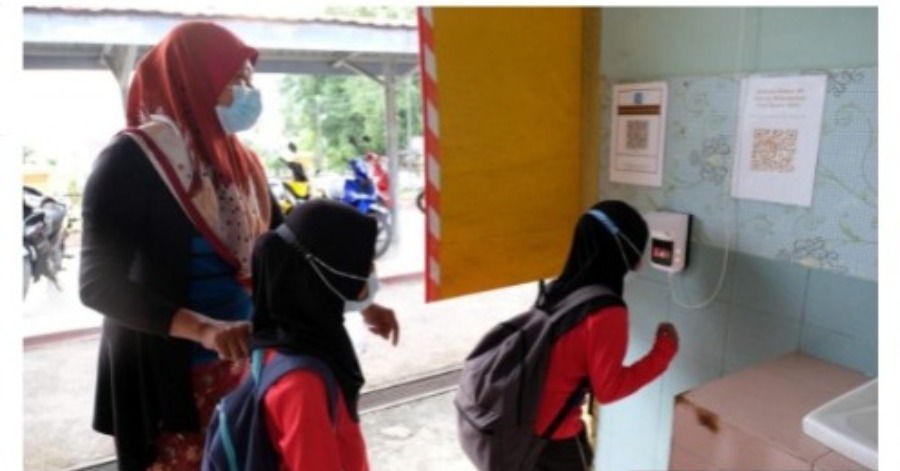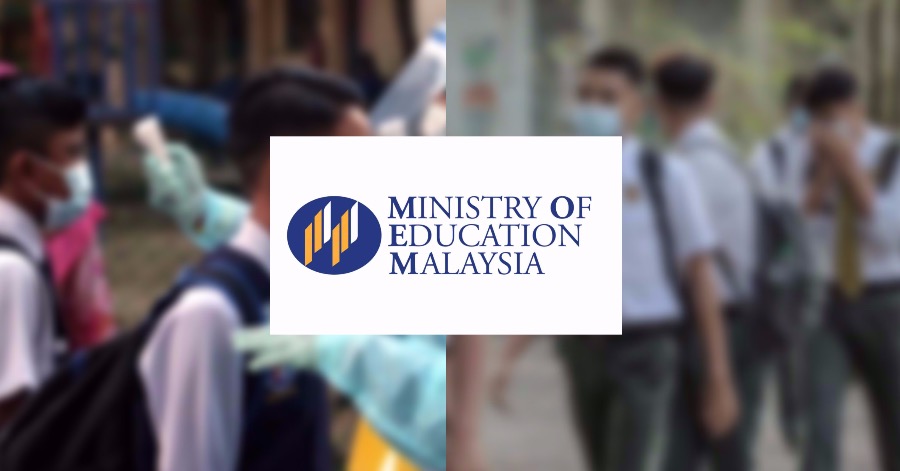KUALA LUMPUR, April 22 — The National Parents-Teacher Associations Consultative Council (PIBGN) has suggested that the Ministry of Education (MOE) turns district education offices (PPDs) into ‘one stop centres’ in addressing problems related to home-based teaching and learning (PdPR) and DidikTV KPM.
PIBGN president, Associate Prof Datuk Dr Mohamad Ali Hasan said that it was due to PPDs being the best medium to communicate with parents who face complications, and bring their problems to the authorities immediately.
“I suggest that the MOE creates a hotline managed by dedicated staff who are specifically assigned to address any of these matters (PdPR and DidikTV) at the district level, rather than being centralised at the state or national level.
“This is a good solution to help parents in the interior. For example, elected representatives are easily contacted at the district level, so only PPDs have easy access to parents, and can then bring the matter to the central level,” he said.
He said this to Bernama when asked to comment on preparations for PdPR if schools are to be closed again due to COVID-19 infection at educational institutions.
Over the past week, there have been reports of COVID-19 infections in schools, causing several clusters to be detected in schools and educational institutions in several states.
On Monday the Petaling district health office (PKD) in Selangor issued a directive for 19 schools to close, after several cases of COVID-19 were detected.
In this regard, Mohamad Ali opined that the MOE should consider closing all schools nationwide for two weeks, as there are many negative indicators that threaten the health and safety of students.
“But parents should not be worried and suspicious, because I believe that this is the best; we think in terms of the safety and lives of our children, and at the same time we do not push education aside. So for now, this is the best way,” he said.
However, Melaka Action Group for Parents in Education (Magpie) chairman Mak Chee Kin was of the view that it would be unfair for schools to close completely, as reports showed COVID-19 infection did not come from schools, but in the community through parents or guardians.
On the other hand, he said that support from all parties, including the parents-teacher associations (PTAs) could further enhance the implementation of the standard operating procedures (SOPs) in their respective schools.
“The PTAs and laymen, without a medical background, should be the last party to demand the closure of schools over just a few isolated cases. They should not press the panic button and cause more confusion.
“Instead, in a situation like this, they should be helping the school management to further improve the SOPs, and gain the confidence of parents in sending their children to school,” he said, adding that the PTA members could volunteer to monitor students or parents before and after school.
Meanwhile, Parent Action Group for Education (PAGE) chairman, Datin Noor Azimah Abdul Rahim, said that if schools were ordered to close and reopen, the MOE was expected to prepare SOPs to open schools on a rotational attendance only, as recommended last year.
She said that the rotation of schooling sessions could clearly control the number of students and staff at school for a certain period, with half of the students attending school and the other half involved in PdPR.
“PdPR has become the new norm and parents already know what to do.
“As the number of COVID-19 infection cases is increasing, there is a high probability that schools will have to be closed again. PdPR is the last step because there is no other option. Like it or not, parents have no choice,” she said.
Sources: BERNAMA









Leave a Comment